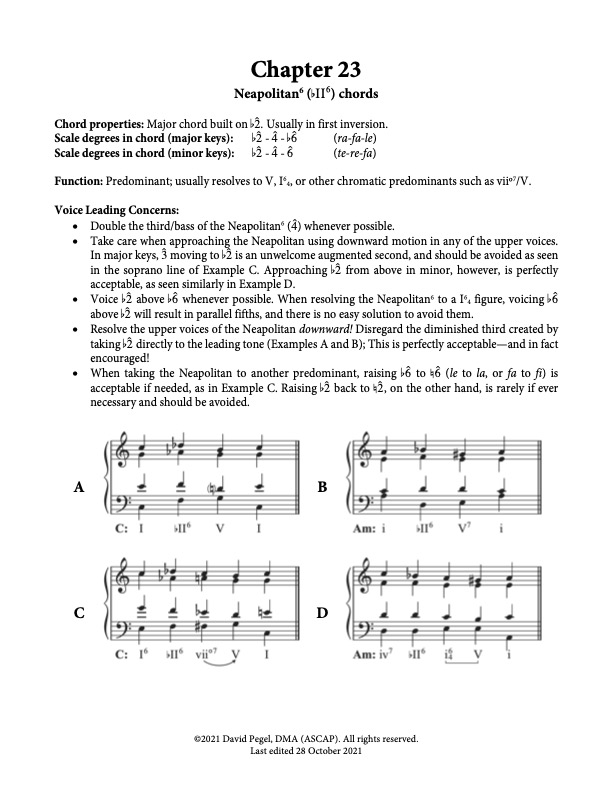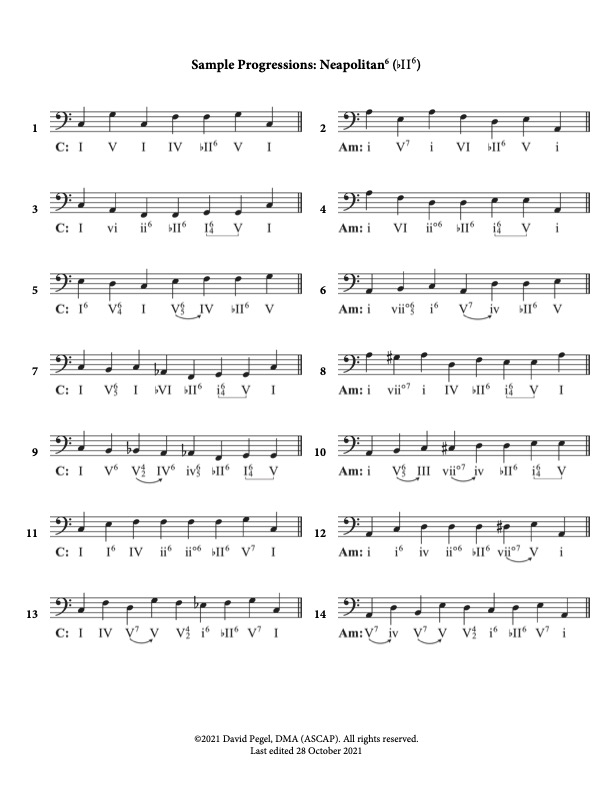Between virtual learning during the 2020 pandemic, decreasing funding of the arts and arts education, and the popularity of online do-it-yourself education… it’s more clear than ever that the way we are making music, learning about music, and teaching music to others is in a state of flux. It’s a growing necessity for musicians of all types and flavors to know how to self-market and engage social media, produce their own performance materials, and see the relevance of topics like music theory that they’d normally learn from traditional education.
I want to be part of this change.
So I created the parent company PlagalBytes to host my latest projects and showcase my latest endeavors outside of classical composition and traditional classroom teaching. Through PlagalBytes I’m hoping to provide resources for a wide variety of people who want to learn things about music they’d never otherwise encounter.
These projects and announcements can be accessed via the social media links below, as well as through the official PlagalBytes website (still under construction) at www.plagalbytes.com. Every follow, like, and subscribe goes a long way—and is 100% free!

MULTI-TRACKING
Near the start of the 2020 pandemic, like so many other musicians and educators I had to use webcasting, streaming, and multi-tracking to keep up my daily work. The multi-tracking in particular interested me, as it gave me the opportunity to perform with old friends I hadn’t seen for years. It also gave me the chance to bring some dormant recording and videography skills back up to snuff.
Since then, I have coordinated with friends across the globe for regular holiday multi-tracks, allowing me to break out the odd instrument here and there (it’s not often my alto clarinet and baritone horn get to come out of their cases). I’ve also done some multi-tracks of the more predictable manner: myself on all of the parts, using whatever instruments will best suit the job.
All arrangements are my own. I also do all of the coordinating, mixing, and video editing myself.
Each of these multitracks is posted on my YouTube page, which you can access by clicking the button below.


PRACTICAL MUSIC THEORY
My current academic project is working on a supplemental textbook for collegiate music theory programs, Practical Music Theory.
Practical Music Theory is designed to be used alongside a two-year music theory and aural skills curriculum to reinforce best part-writing and analysis practices. Exercises include a summarization of voice leading concerns for each topic, sample harmonic progressions for students to realize at the keyboard, and different exercises that integrate scale degrees and/or solfège as desired for students to demonstrate both at the keyboard and at their own instruments or voices.
The first draft of Practical Music Theory will be finished in July 2024, where it will go under extensive review and proofreading. After publication, the book will immediately be integrated into the Experiential Music Curriculum at the Frost School of Music, University of Miami.
Further details and development, including a link for purchase, will be posted here and on all social media.
SOON TO COME!!!
- I’m in the process of creating additional content for my YouTube channel: Theory tutorial videos for flipped classroom use, short tutorials on multitracking and mixing, and opinion/advice vlogs on matters of musicianship and artistic integrity.
- An entertaining side endeavor of mine is composing “music for video games that don’t exist yet.” For these tracks, I am intentionally using the stock libraries in Logic Pro to showcase to students the full capabilities of the program. These tracks are used in my Scoring for Media classes to demonstrate how to capture various video game environments and styles in score. Once more of the series is finished and mastered, they will be uploaded as a series to my YouTube channel, and potentially released as an album on Spotify and other streaming platforms.
- When the official website for PlagalBytes is launched, it will include a wide array of free and affordable resources. These include downloadable PDFs of staff paper and diagrams specifically templated for note-taking use, need-to-know repertoire lists, and a consolidated page of links to other online resources.
Stay tuned for more!

